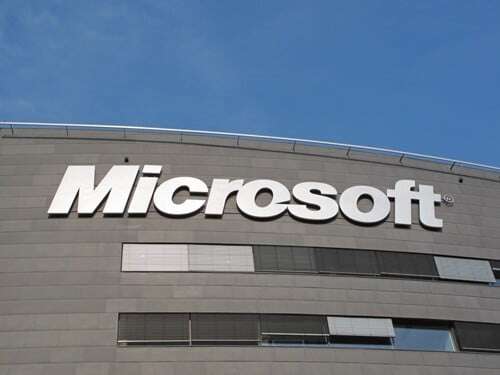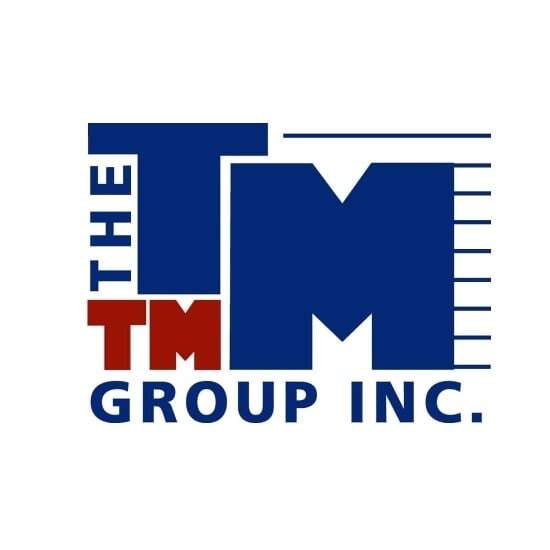Plastics company’s custom application enabled greater insight, growth opportunities and more

About the company
A leading stocking distributor of specialty resins for many different manufacturing plants based in the Midwest needed to update their custom application for sales quoting and inventory system. They had a distributed sales network with staff located across the country, near major manufacturing markets. The organization relies on local market distribution centers where product is warehoused so sales can be fulfilled in a timely manner.
The sale of plastics is a volatile and unique process because quoted pricing relates to the market prices of commodity pricing such as oil. To stay competitive, the salespeople are authorized to contact distributors directly and arrange sales based on volume and market. The company also makes bulk orders of plastics and distributes it as needed, thus offering the advantages of both fixed prices and just-in-time delivery into the process. The company relies on a number of hedging and price control functions to be successful in this way. The software used by the salespeople must allow visibility into both current market prices as well as adjust prices through negotiation in specific sales instances and generate contract-based pricing on the fly in real time.
The situation
Previously, the business used a platform based on Microsoft Access to synchronize pricing, contacts and manufacturers with its existing ERP software on a regular schedule. Each salesperson had a copy of that database, which refreshed nightly, and would use the info in the database to quote sales on a daily basis. Ensuring complete updates for the sales staff, incorporating pricing information from distributors and sending notifications to customers was a tedious process. Each of the 20 salespeople could bend the rules to make pricing work for them, but those issues would increase problems for administrators. Additionally, some of the sales staff pushed back against syncing their personal copies because of concerns over data corruption. Additionally, Access was slow and consumed a lot of resources – and Microsoft was discontinuing the software.
The solution
The TM Group used Microsoft Windows Presentation Foundation to develop a more effective solution for the business, building it with C# and adding the ability to communicate with the company’s home servers via Web services. The application was built as a client server application. The client is installed on every user’s computer and a Web services application on the server. This approach allows the desktop computers to talk to the custom application through the Web services. There are also dedicated maintenance tables to keep track of user rights and other info that doesn’t enter the ERP software. This custom database back-end uses Microsoft SQL Server. Reports are delivered through SQL Server Reporting Services, which gives admins the ability to change reports directly and provides for end-user maintainable reporting. The company uses Profit21 as an ERP system, so The TM Group developed an integration for that software as well.
With The TM Group’s solution in place, the plastics company’s salespeople are far more connected. When sales staff go to a client’s site, their laptops are directly and constantly connected to the custom developed quoting system. As salespeople fill out information about the sale and submit it, it flows into the ERP system as a contract for the customer. When the client then calls to place an order, the central office has the most recent, up-to-date contract available for reference. This approach also serves as a platform for communication, allowing information about pricing increases to quickly flow out to sales representatives who can then take steps to contend with those changes and notify the customer of the new pricing. The system also integrates with Yammer, offering a stream of company information about news, events and other worthwhile information that supplement the knowledge of salespeople.
The benefits
Versatility, increased informational sync and enhanced functionality were three of the biggest benefits realized by the project. Instead of relying on software that’s losing support from its publisher and trying to deal with asynchronous information used in the field, every employee is on the same page in terms of pricing and many other critical business factors.
The company is working with what it calls application development engineers. They use staff with specific depth of knowledge in given industries to reach out to manufacturers and come up with ideas related to developing new products using the company’s materials. These engineers can then interact using the platform to provide application development information the salespeople see directly in their customers’ contract information. The new platform drives both existing sales and new opportunities for growth, and does so through what was originally a contract app.
The system developed by The TM Group is now a reliable repository for all sales-related information. Instead of only being used by and providing benefit to sales staff, the system now includes the application development engineers as well as the company’s Executives. Executives gain valuable insight into sales processes through the immediate visibility provided by the platform. Additionally, many users who previously had access to the Profit 21 software for lack of a better way to share information now utilize The TM Group’s custom-built platform to gain better insight.
In place for three years, the system is growing and the company regularly makes requests for additions and updates. The business provided the information needed to help The TM Group design software that worked with the business and supported those efforts instead of trying to completely automate core processes. Some of the sales staff use the software itself as a sales tool, drawing on historic transaction data to boost customer confidence and improve their positioning relative to rival salespeople.
The sales staff made a major shift from mostly being against the improvements made to thoroughly understanding and taking advantage of them. Combined with improved access to information across the company, the development of opportunities to grow as a business and better relationships with customers, it’s easy to see why this plastics company gained so much from this TMG project.


